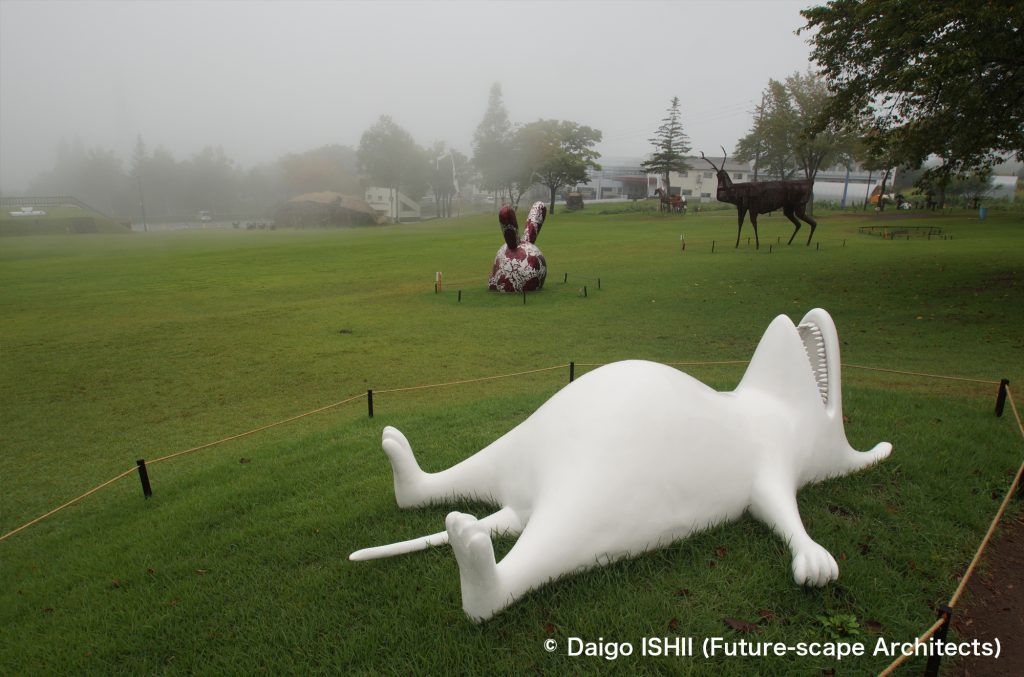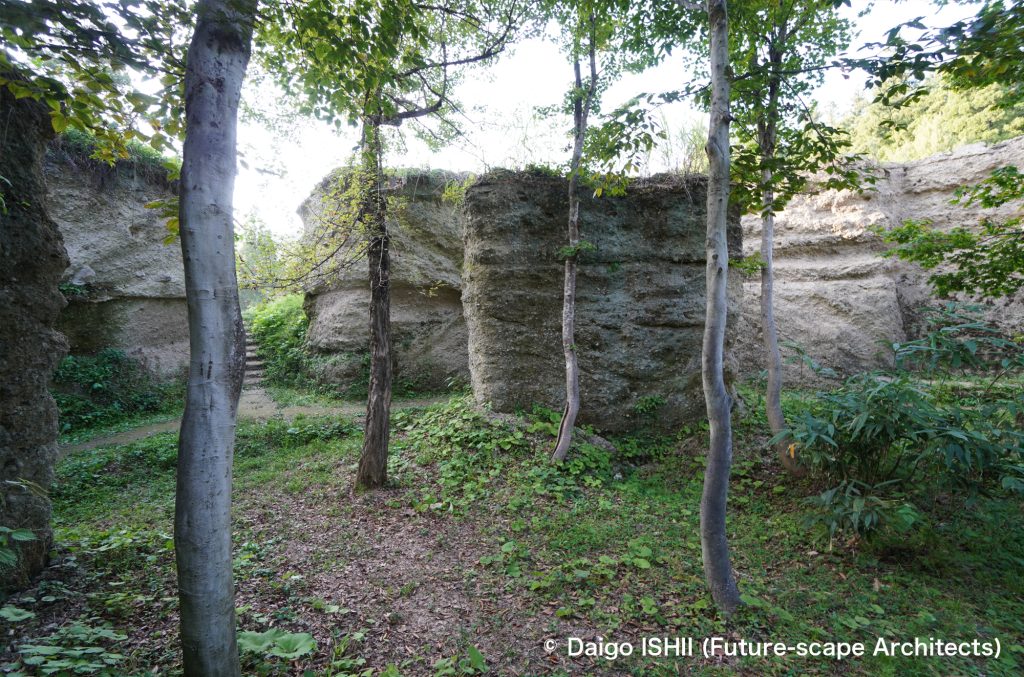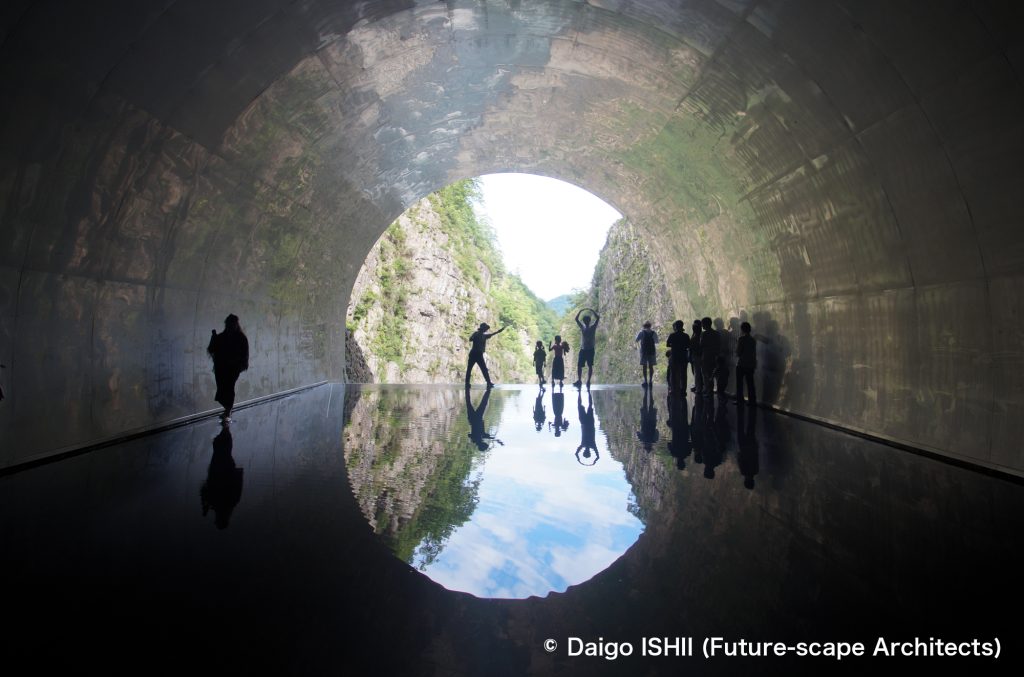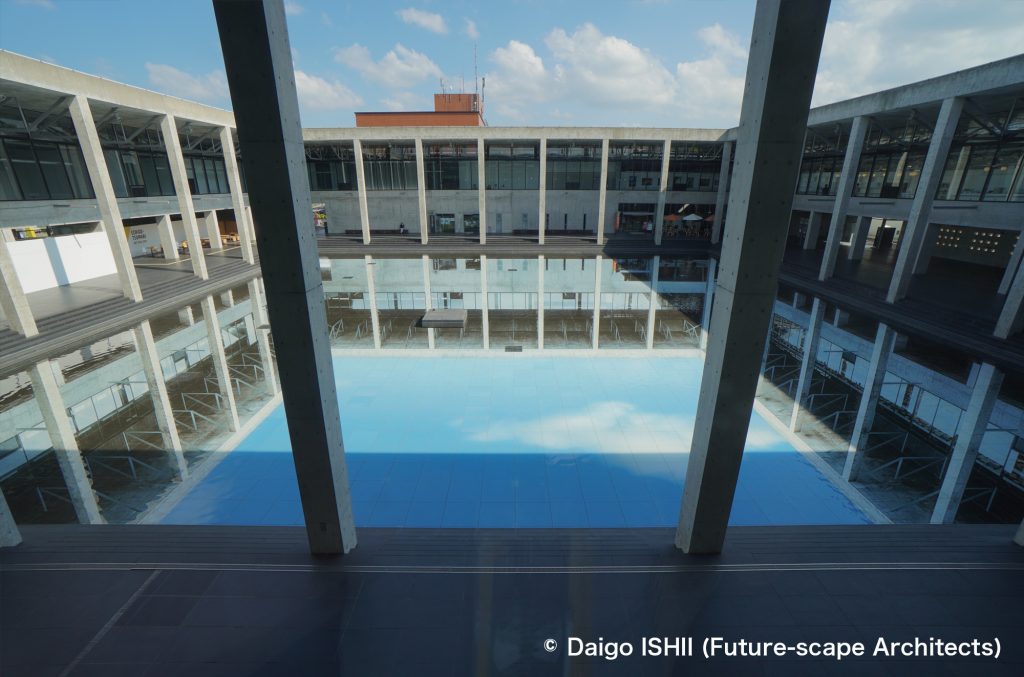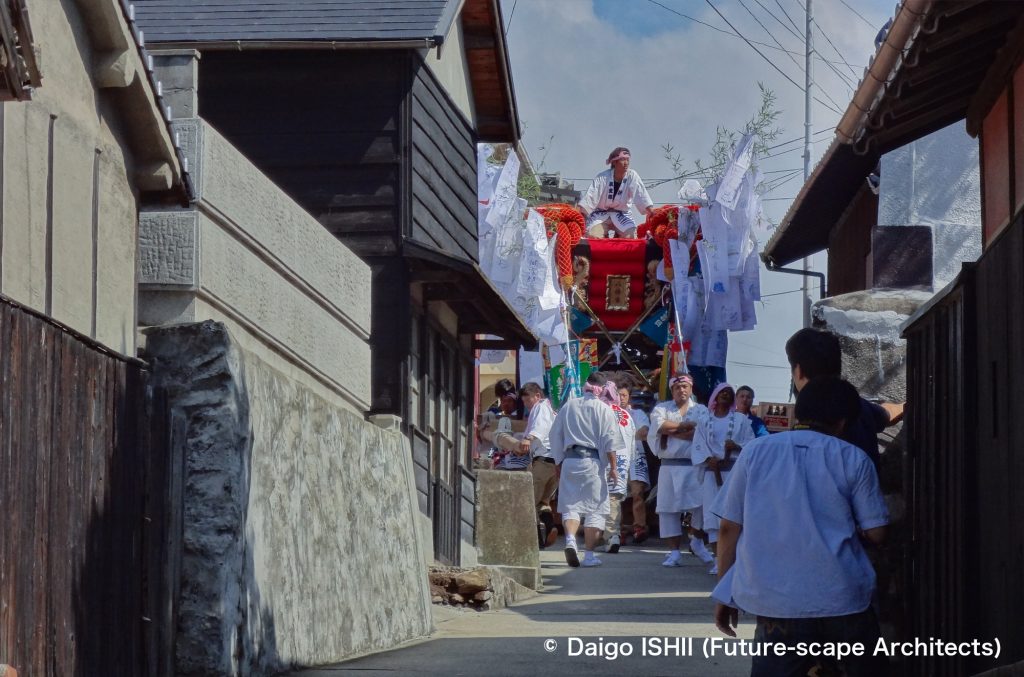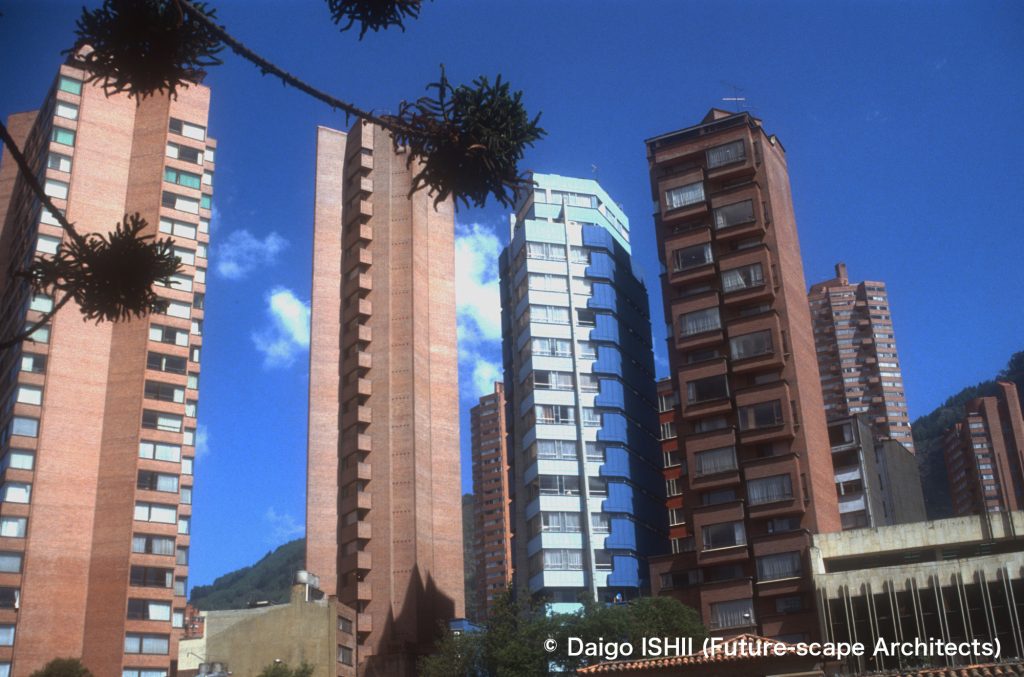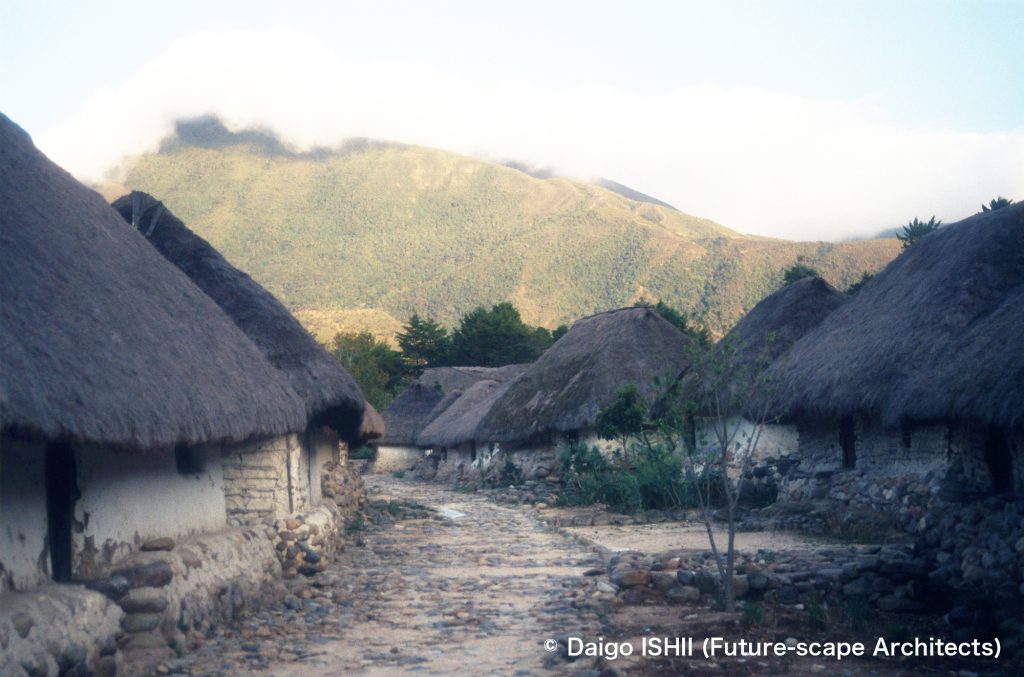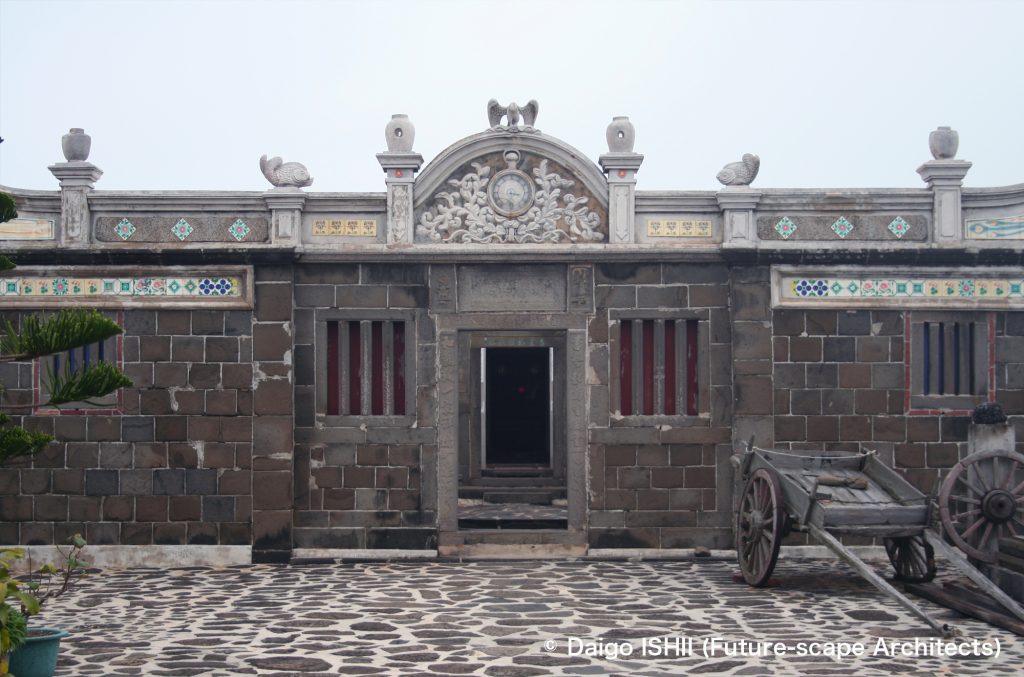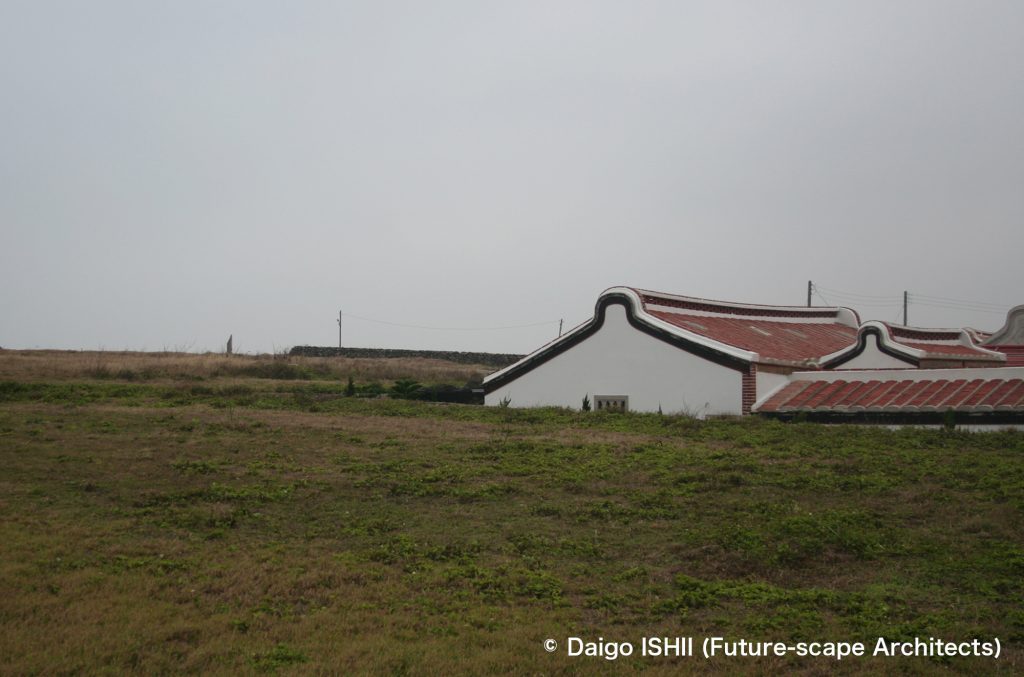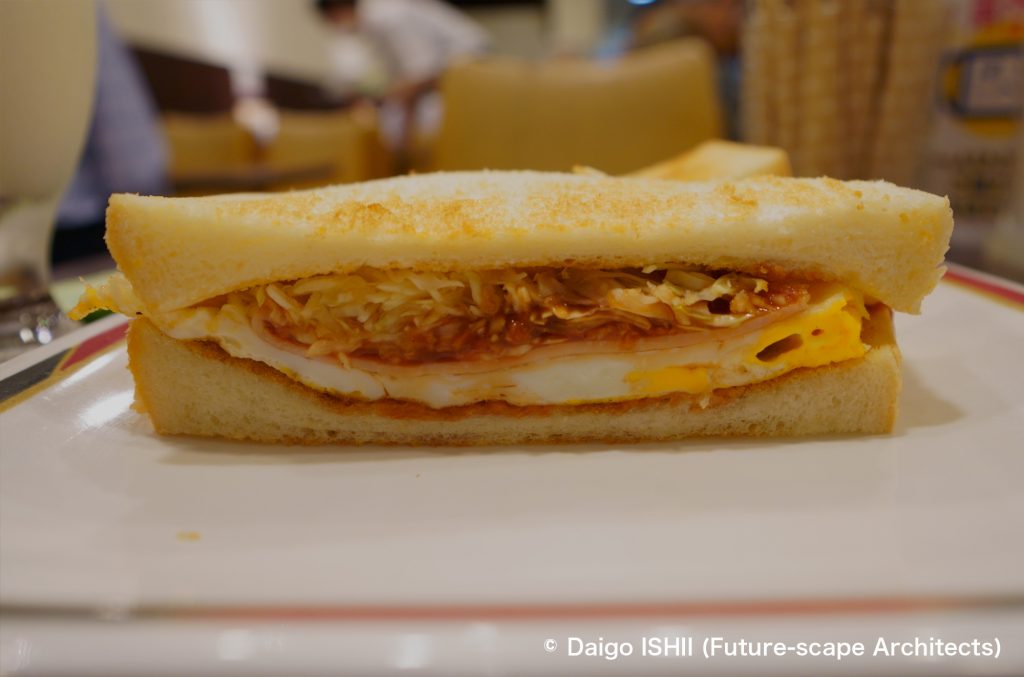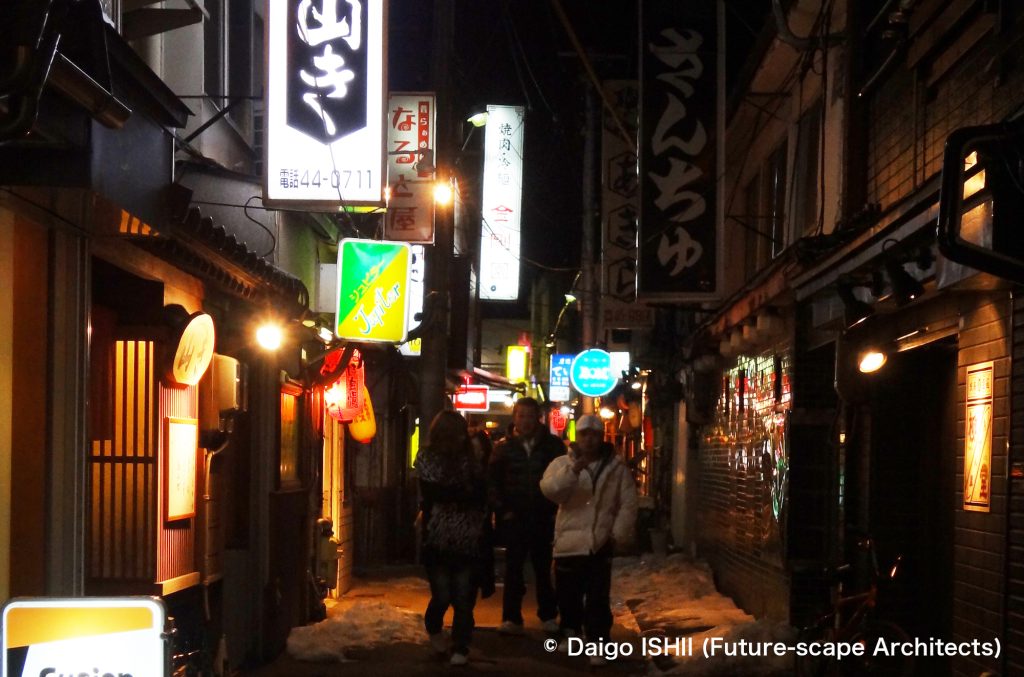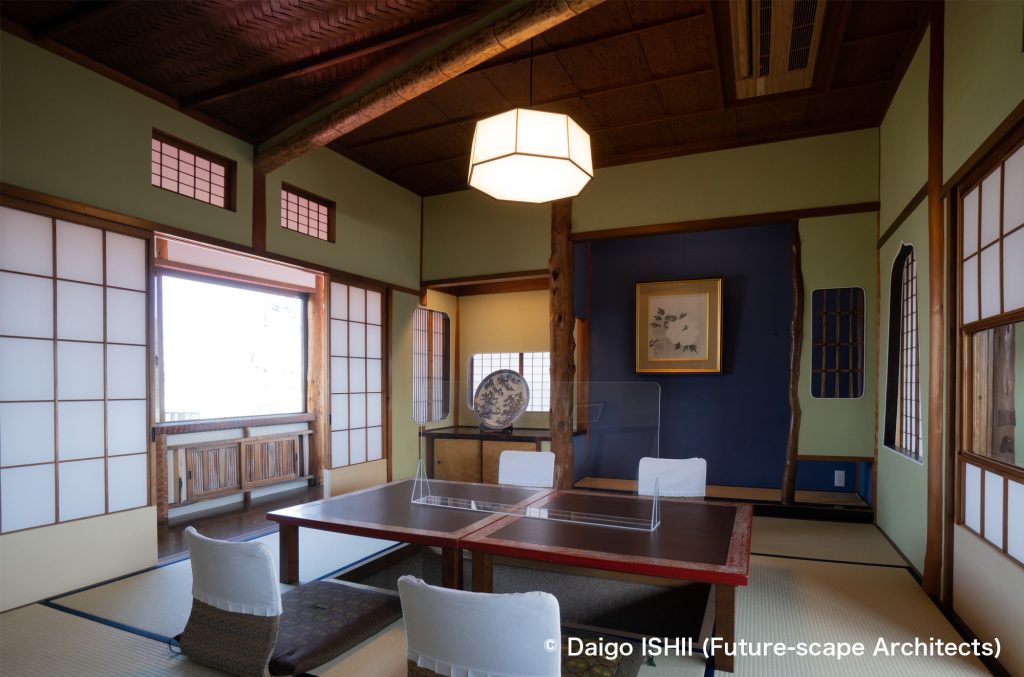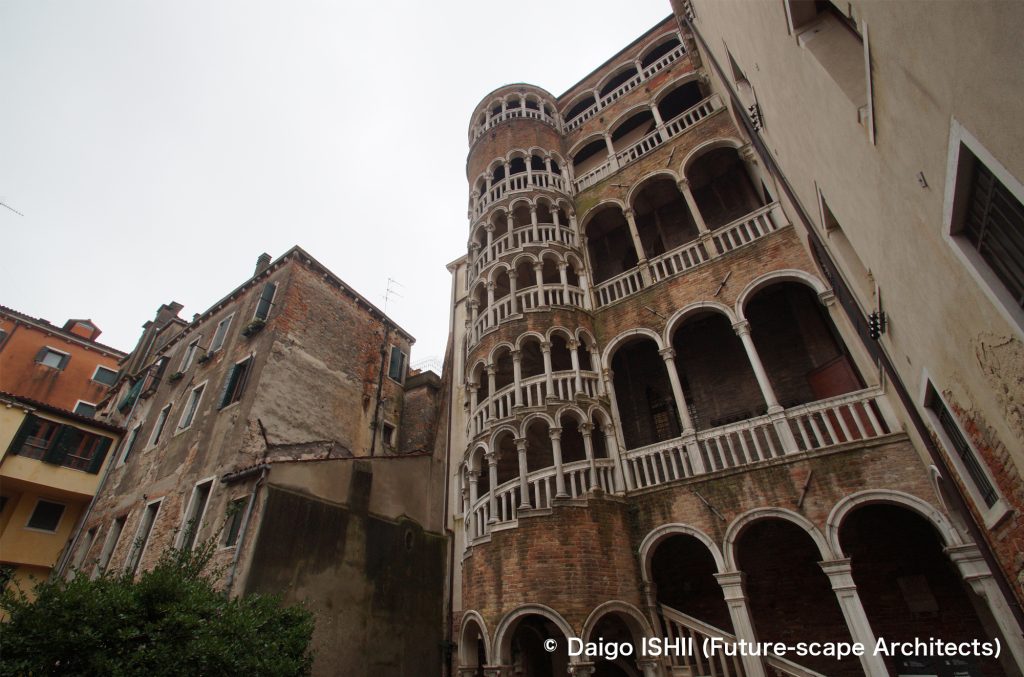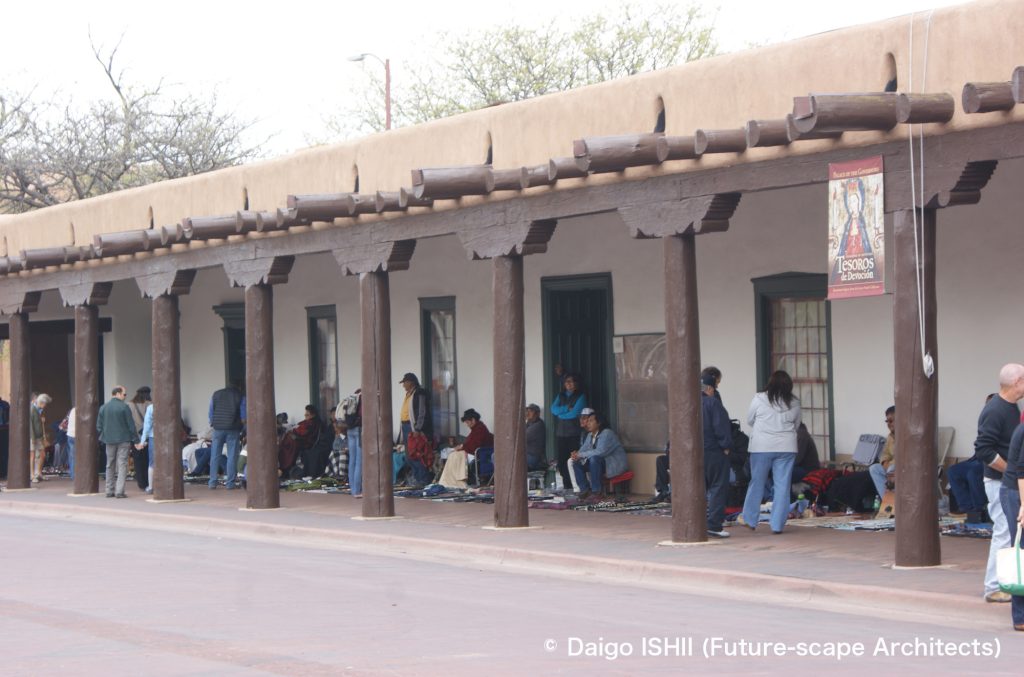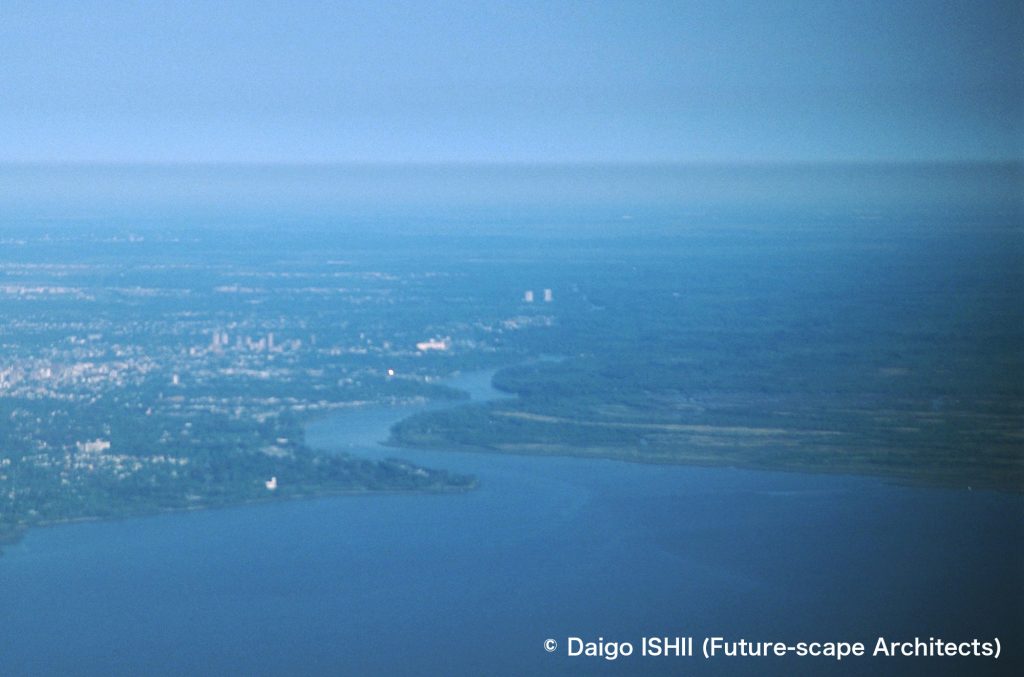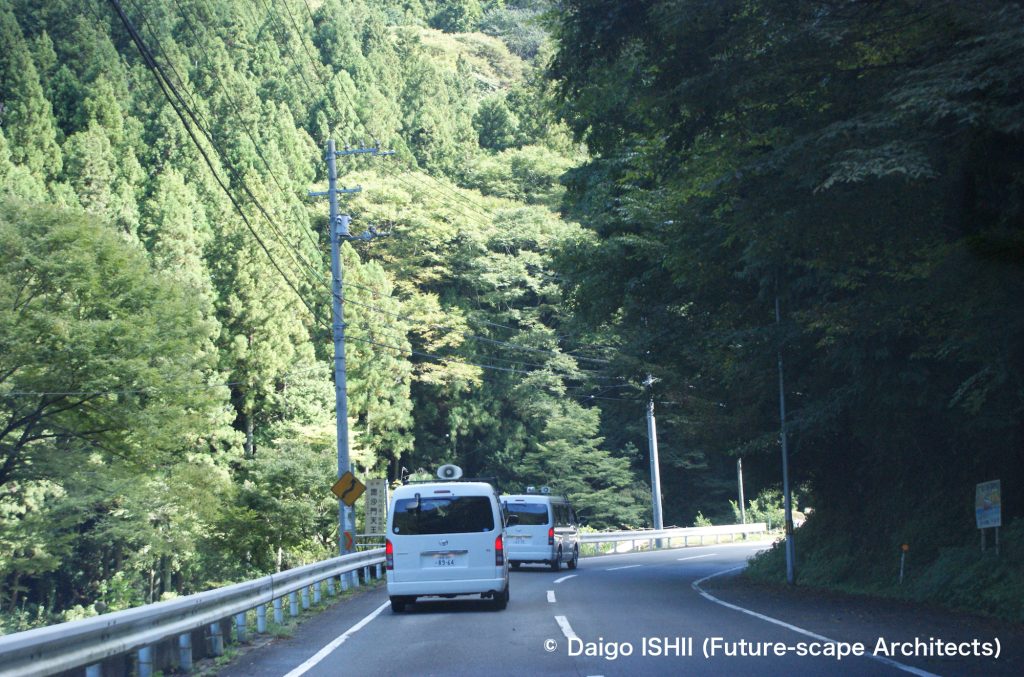Ibukijima island, which is connected by five boats a day from the mainland Shikoku, is inconvenient in terms of the current transportation system in Japan. But, in the 18th century, it was a relay point on the sea route connecting the capital of those days Kyoto and Southern Japan. The latest items popular in the capital came in the island ahead of the mainland Shikoku on the opposite bank.
As a remnant of those days, Ibukijima island is the only place in Japan where the capital (Kyoto) dialect in the old days remains. The famous linguist, Haruhiko Kindaichi, visited this island for his research on that capital (Kyoto) dialect in the old days. In the modern era after the Meiji restoration in 1868, transportation infrastructure shifted from the sea to the land. Therefore, the island moved away from social changes, and the capital (Kyoto) dialect in the old days remained as they were.
Even now, many people living at Kan-onji-city on the opposite bank have never visited Ibukijima island. In the past, the connection between Kan-onji-city was weaker than the present time. Mrs. Hamada, who was born in Kan-onji city on the opposite bank and became the vice principal of Ibuki Elementary School later, kept crying when she was assigned to Ibukijima Island for the first time after graduating from university, because she didn't want to go to such an unfamiliar place. The first thing that she shocked when she arrived at Ibukijima elementary school was that children called her "Omae." Nowadays, "Omae (you)" is a word used for inferiors. In the capital dialect in the old days, it was used for higher ranks, and children respectfully called her "Omae" of the old word.
Strangely enough, Korean language also remains on this island. Before the World War II, the three large fishermen’s boss on the island built processing plants for fishing on the east coast on the Korean Peninsula. The words are a remnant of that time. For example, a virtuous fishermen's boss is called ”Yamba”. It derived from the Korean word ”Yangban." This word is familiar in Korean historical dramas and refers to the culturally educated people who belonged to upper class and ruled Korean society.
The photos were taken for one of the posts in the blog I created to introduce the island when I participated in the Art Setouchi Triennial 2013. The participating artists in Ibukijima Island performed the peculiar words in that island.
Ibukijima Island Dialect : Omae
Standard Japanese : Anata
English : You with respect
See artist ART&EAT TARO and the staff. The kitchen to cook his artwork "Island Soup" was a friendly environment full of "Omae (you with respect)" atmosphere accordinge to his personality.
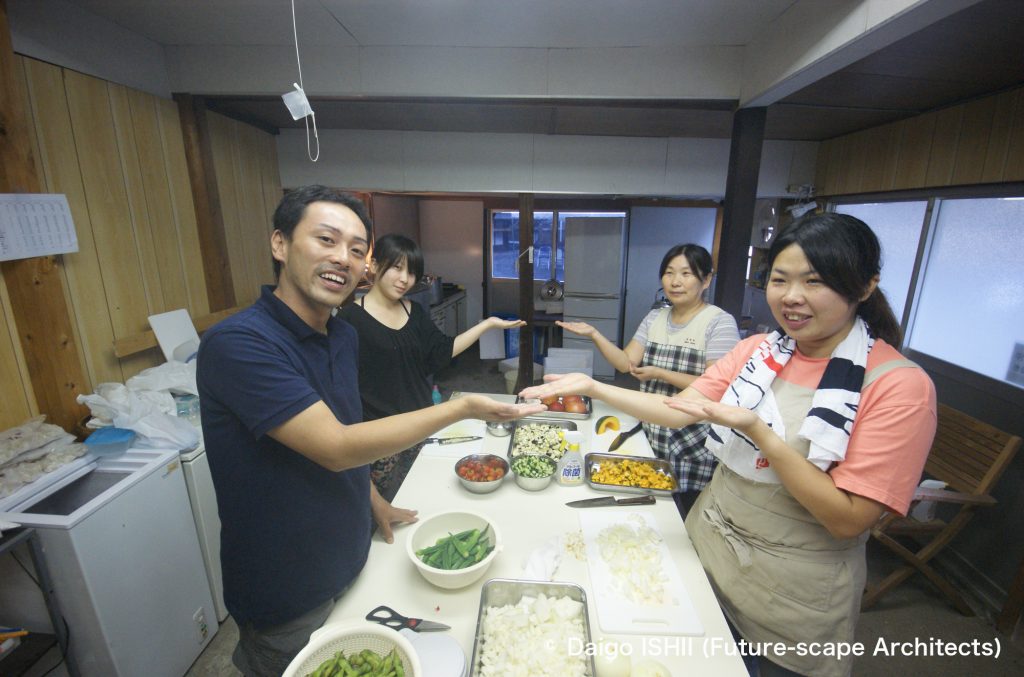
Ibukijima Island Dialect : Ura
Standard Japanese : Jibun
English : I
See artist ART&EAT TARO and the staff who were cooking his artwork "Island Soup".
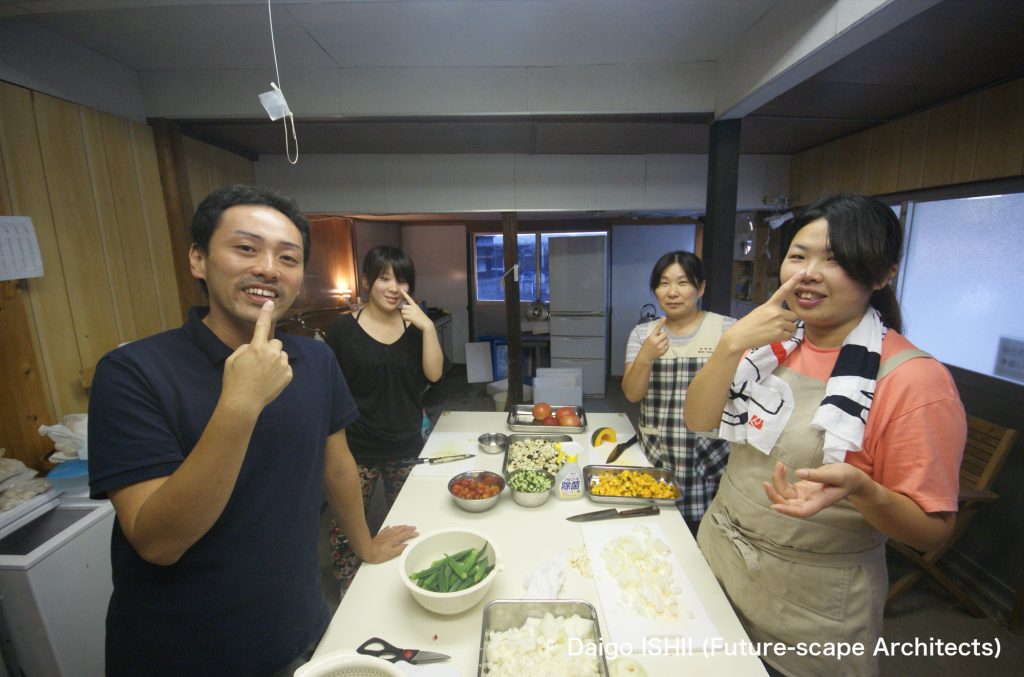
Ibukijima Island Dialect : Oudona
Standard Japanese : Ouchaku
English : Lazy
Artist Tsuneo Sekiguchi self-built his artwork "Rainbow Hat", so he is good at using scissors with his feet.
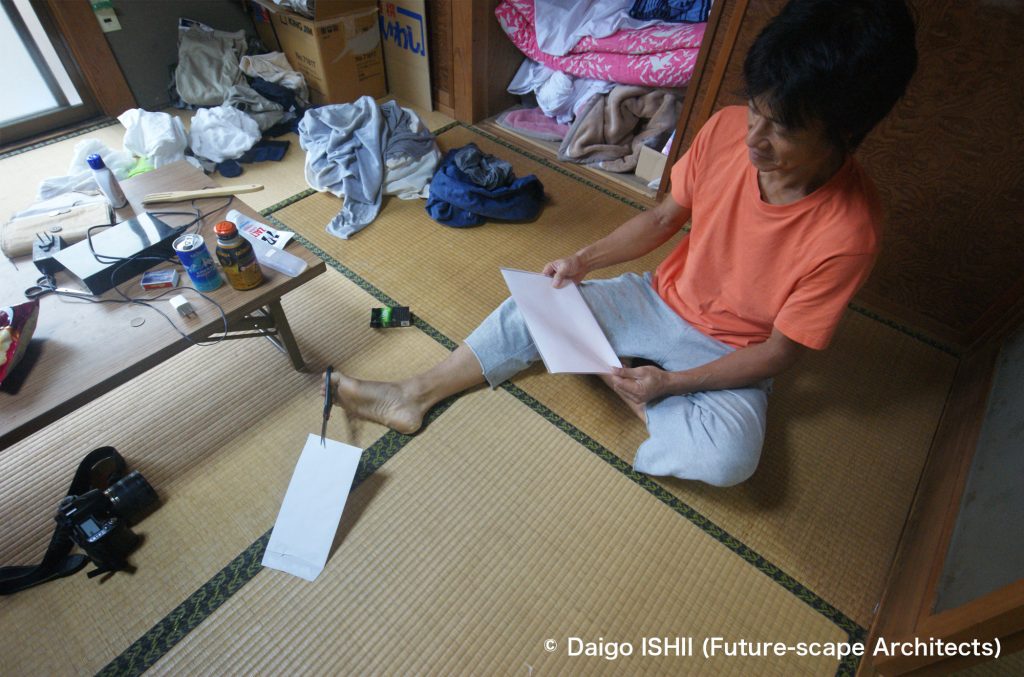
Ibukijima Island Dialect : Jouhoru
Standard Japanese : Sabaku
English : Cut the fish
During the preparation period for ArtSetouchi Triennial 2013, Mr. Kawabata, a fisherman, brought the freshly caught fish to the artist lodging house and cut it up.
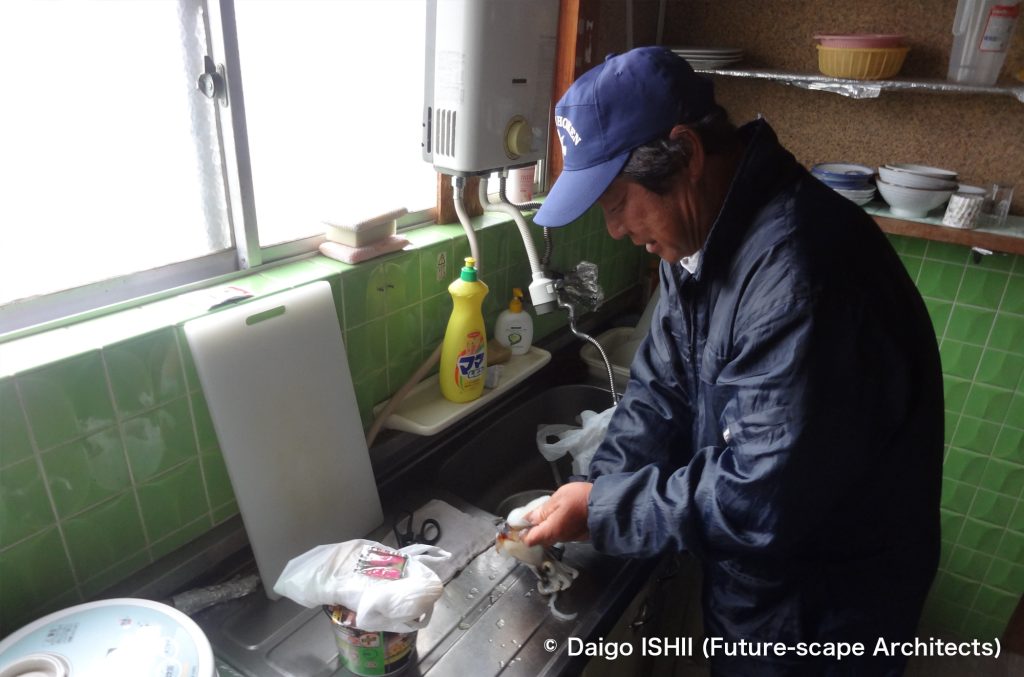
Ibukijima Island Dialect : Igoku, Igamu
Standard Japanese : Ugoku, Yugamu
English : Move, Distorted
The face of artist Kim Tae Bong, who created "Whisper on a Small Island", is probably distorted. It seems that in old dialect, the u sound tended to become the i sound.
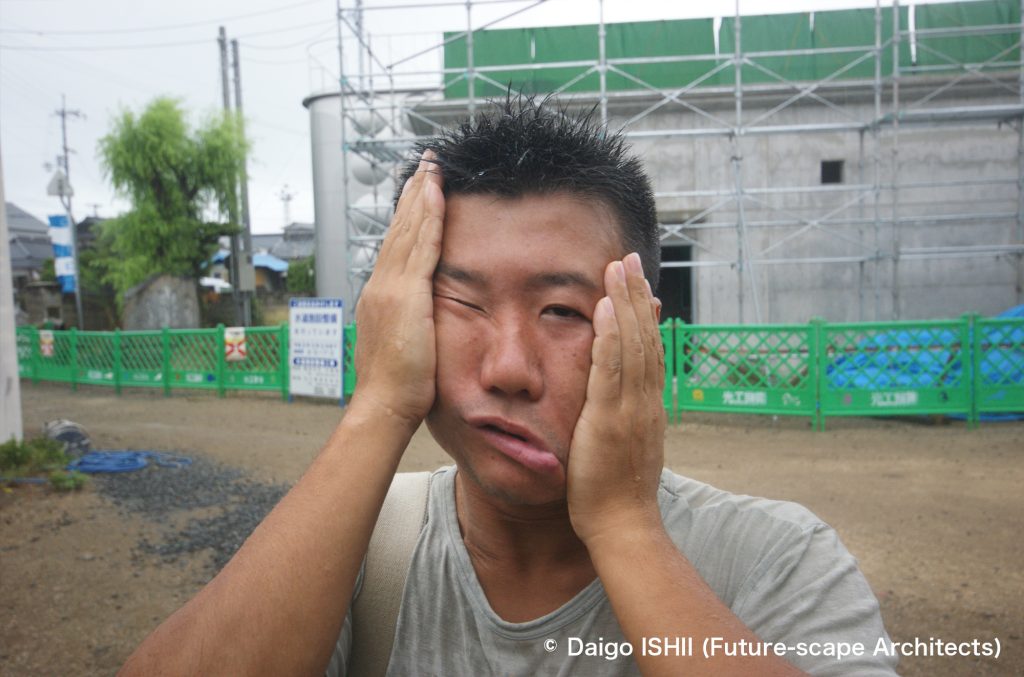
Ibukijima Island Dialect : Akiroshii
Standard Japanese : Gudaguda-to Hanasu
English : Talk about irrelevant things lazily
"Ibukijima Island Project Laboratory" by artist group Mikan + Shohei Oka + Kanagawa University Sogabe Laboratory, Tadashi Yamamoto, person in charge (currently hosting Kamiikebukuro's regional development "Kamiike Wooden Cultural Network”), was receiving a yellow card from Koki Shinohara, one of the island's leading volunteer guides, since Yamamoto was "Akiroshii".
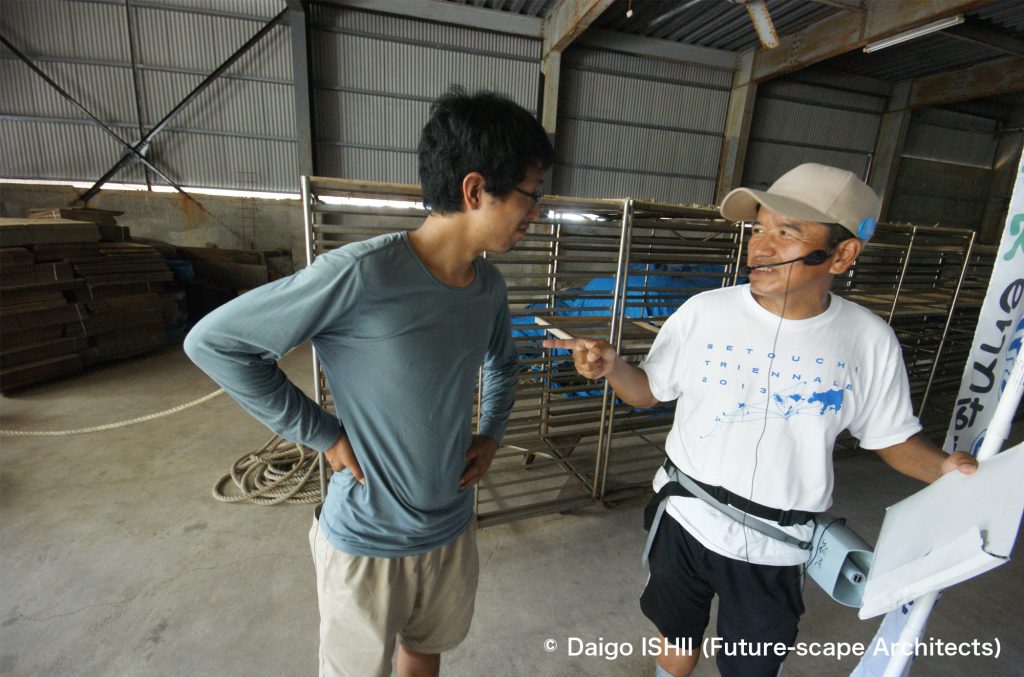
Ibukijima Island Dialect : Ajawarui
Standard Japanese : Kimi-ga-Warui
English : Uncanny
The Architect, who designed "House of Toilet", played modestly. It is said that this word came from "Aji-ga-warui (bad taste)".
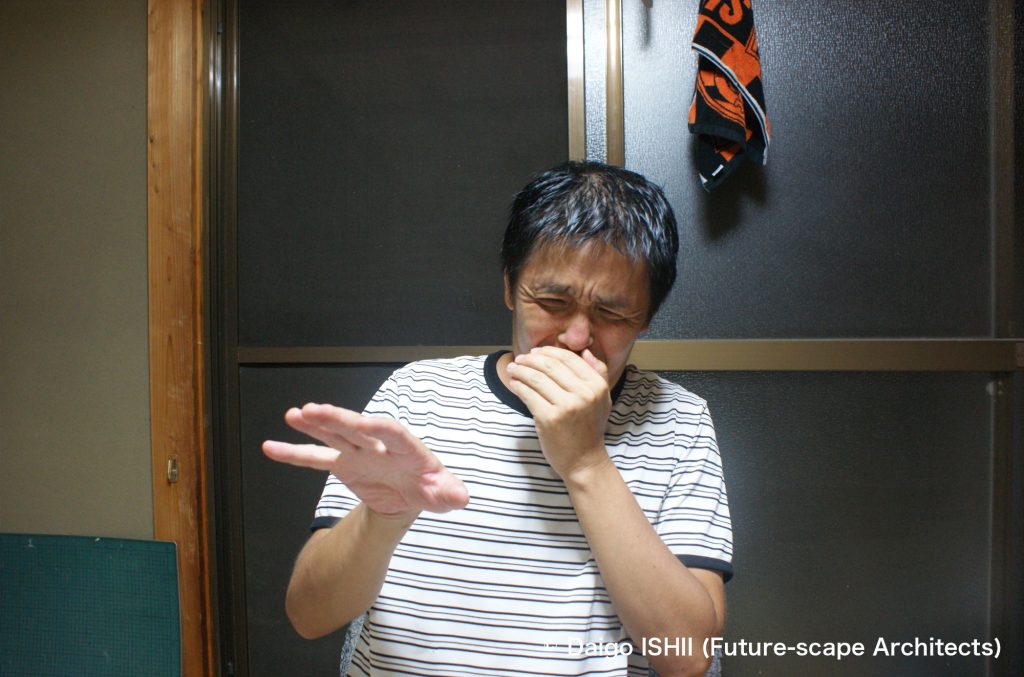
Ibukijima Island Dialect : Yamba
Standard Japanese : Oyakata
English : Virtuous fishermen's boss
It comes from the Korean word ”Yangbang”. This fishermen's boss was very helpful in many ways during the preparation period for Art Setouchi Triennial 2013.
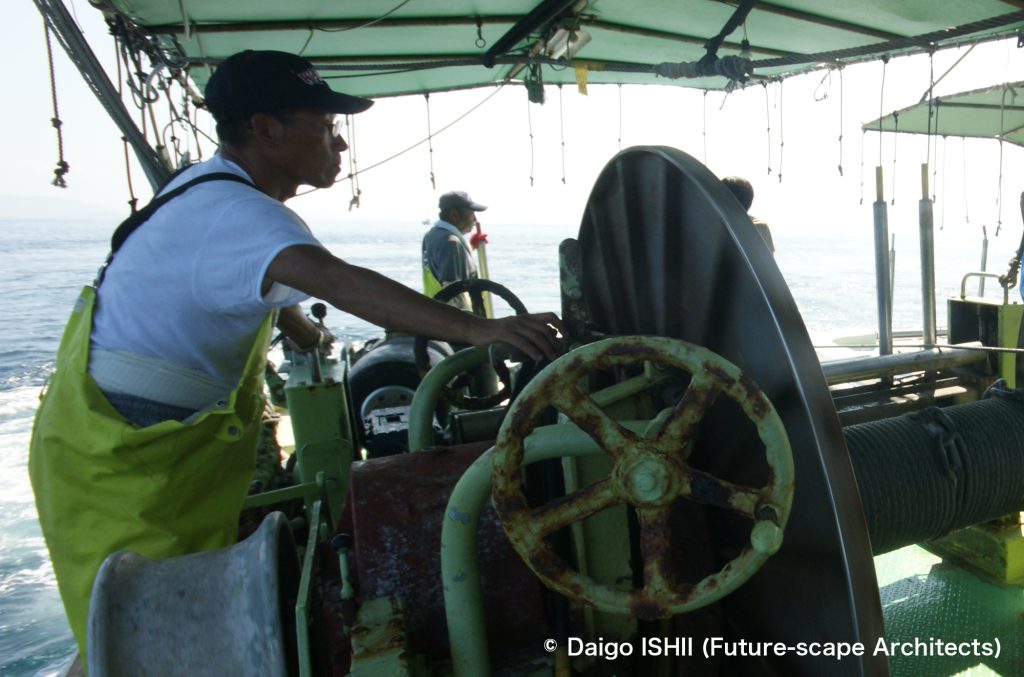
Ibukijima Island Dialect : Chin-gu
Standard Japanese : Tomodachi
English : Friend
It comes from the Korean word ”Chin-gu”. See the owner of Ibuki Shoten Store and the staff of the two stores who were exercising radio calisthenics at the island's number one crossroad during the preparation period for Art Setouchi Triennial 2013.
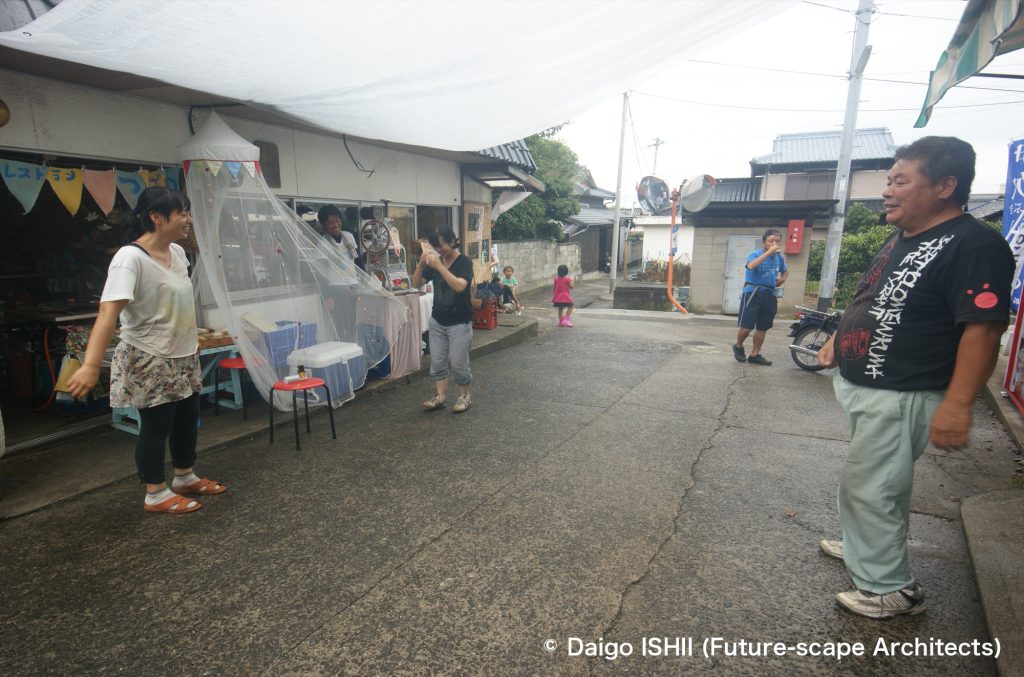
Click here for your impressions
reference
"伊吹島の民俗 : 香川県観音寺市伊吹町 : 特集号"(香川民俗学会,1991)
伊吹島民俗資料館
Please do not use or upload our photos without permission.
